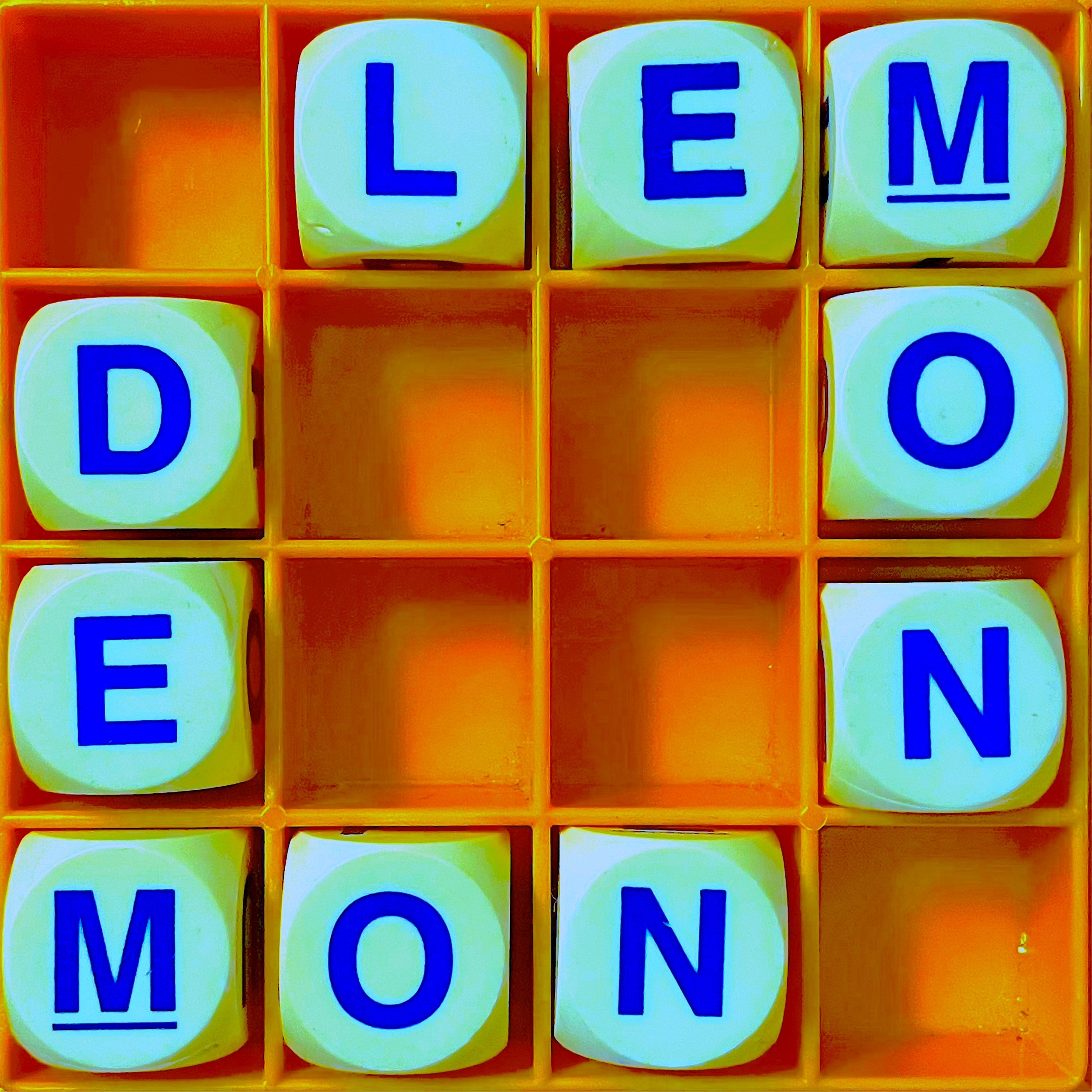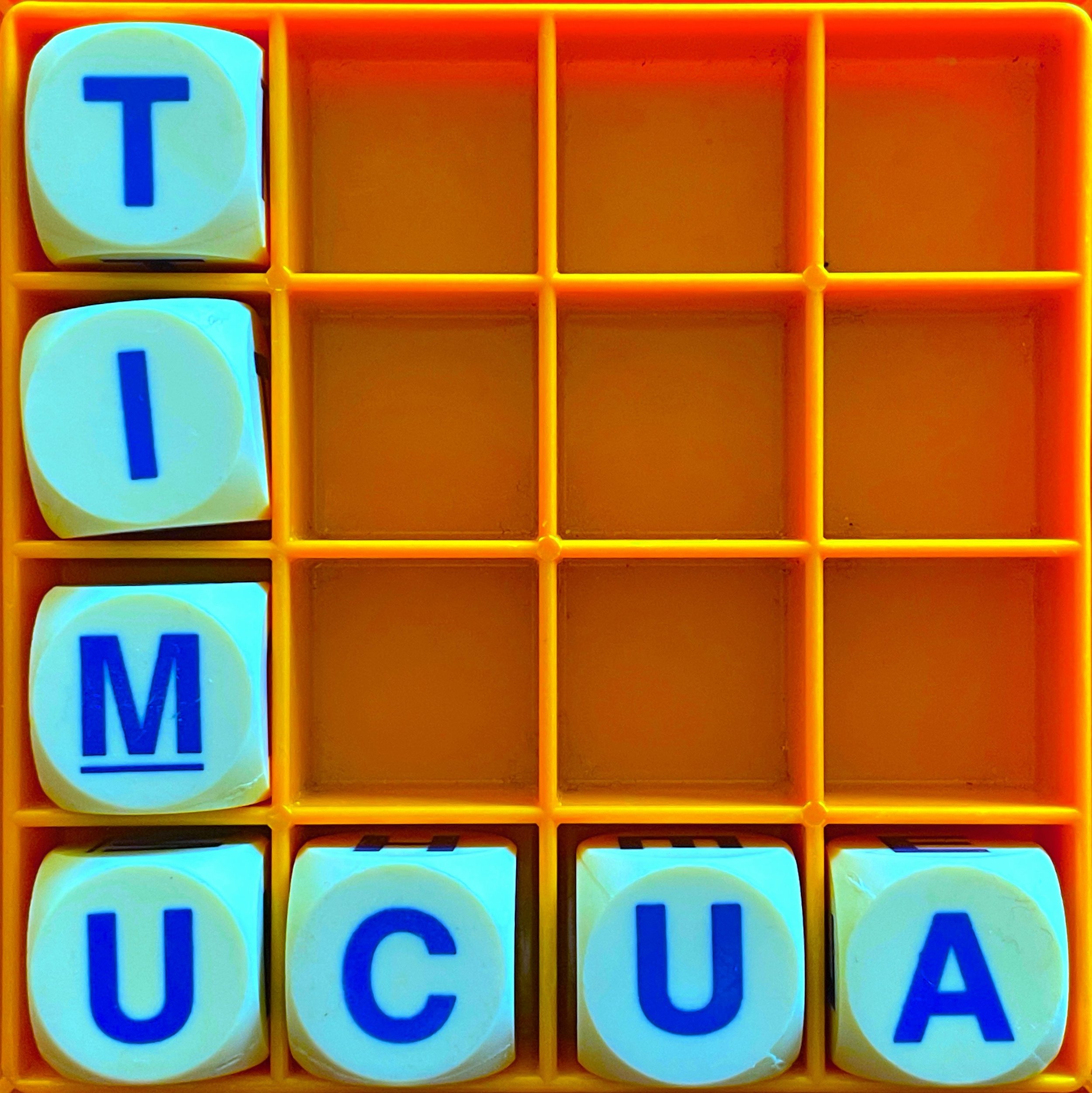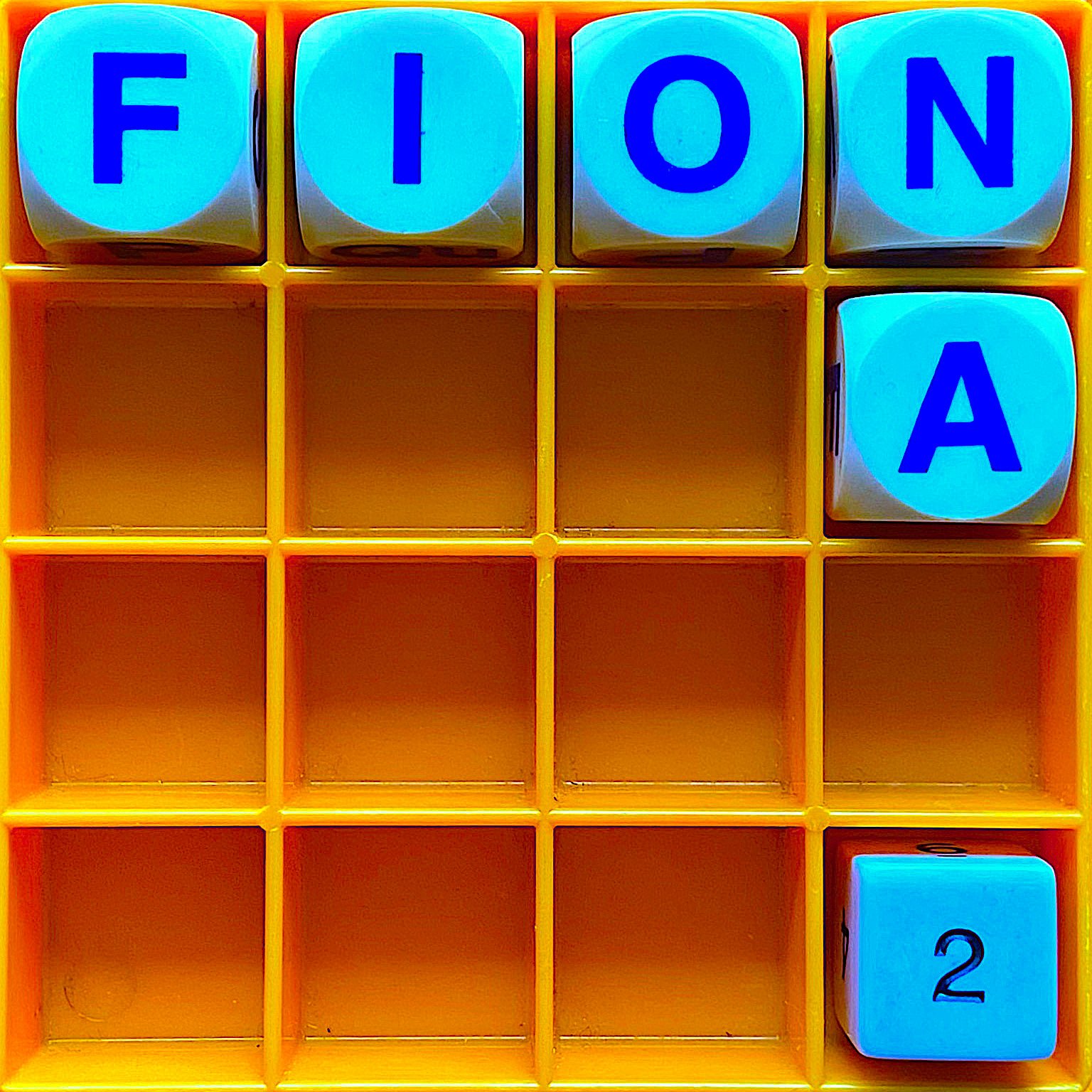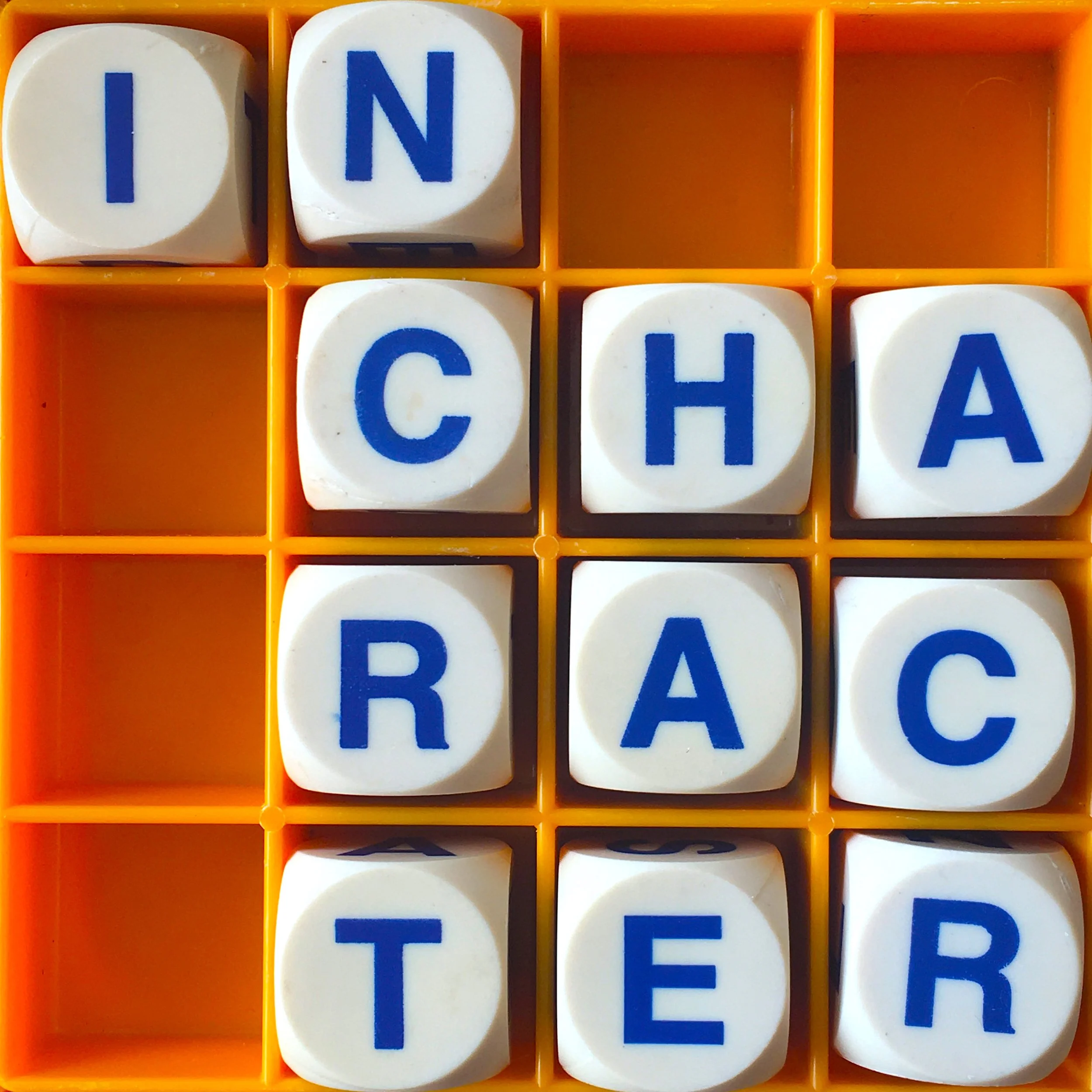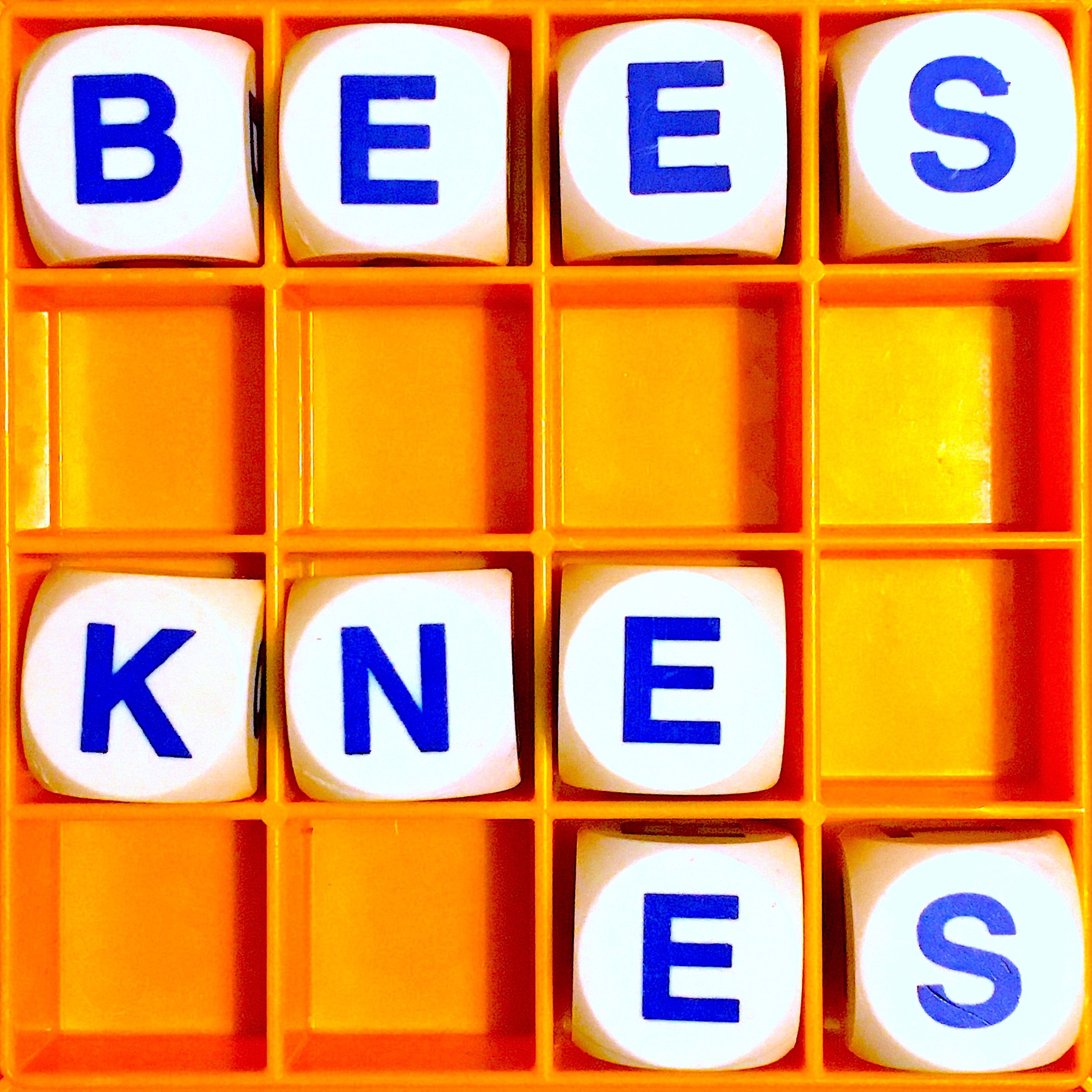AJ Jacobs makes The Puzzler podcast, wrote The Puzzler book, and sometimes turns his whole life into a puzzle. He comes bearing word games, explanations of anagrams being used to precipitate wars and were key evidence in trials, tips for writing with a quill, below-the-knee insults, and tales of living constitutionally.
Read moreAllusionist 183. Timucua
When Spanish missionaries arrived in what is now called Florida, there were 100,000-200,000 Timucua people in the region. Just two centuries later, there were fewer than 100. Soon, with all the people who spoke it dead, the Timucua language died out, too, preserved only in a few Spanish-Timucua religious texts.
In the 21st century, linguistic anthropologist Aaron Broadwell and historian Alejandra Dubcovsky have been decoding and translating these texts to understand the Timucua language and the people who were writing it down.
Read moreAllusionist 166. Fiona part 2
“I don't think that anyone should come away from this conversation not wanting to use the name Fiona. I think this is a beautiful and rich history. It might not be quite the history that you imagined, but I think it's a beautiful history," says writer and performer Harry Josie Giles. She and PhD researcher Moll Heaton-Callaway investigate this complicated name with fascinating history, in this second of a pair of episodes about the name Fiona.
Read moreAllusionist 165. Fiona part 1
A lot of people assume that Fiona is a very old Scottish name, but the first known Scottish Fiona is from the 1890s: Fiona Macleod, the enormously popular novelist of Scotland's Celtic Revival movement. But when she suddenly stopped writing in 1905...and there turned out to be far more surprises about Fiona Macleod than the novelty of her name. Writer and performer Harry Josie Giles and PhD researcher Moll Callaway-Heaton consider the first Scottish Fiona.
This is part one of a pair of episodes about the name Fiona; part two will explore the etymology of the name and similar ones in various languages, and examine the first appearance of Fiona in literature, which comes with its own cocktail of complication.
Read moreAllusionist 153. In Character
Chinese is one of the oldest still-spoken languages in the world. But when technologies arrived like telegraphy and computing, designed with the Roman alphabet in mind, if Chinese wanted to be able to participate then it had to choose between adapting, or paying a heavy price. And sometimes both were inevitable. Jing Tsu, author of Kingdom of Characters: The Language Revolution that Made China Modern, recounts how Chinese contended with obstacles like alphabetisation, Romanisation and standardisation.
Read moreAllusionist 151. The Bee's Knees
Bad hats, cat's pyjamas, banting, goops, creatures, and playing possum - what WERE people going on about during the Golden Age of detective fiction? Caroline Crampton of Shedunnit podcast and I get sleuthing into the slang of the mystery novels of the 1920s and 1930s.
Read moreAllusionist 127. A Festive Hit for 2020
The usual canon of Christmas songs may not really fit people's moods in this year 2020, when I'm not sure a lot of us are feeling all that holly jolly. So I drafted in singer and songwriter Jenny Owen Youngs and we wrote a festive song that is suitable for 2020.
Content note: there are swears. Several of them.
Read moreAllusionist 116. My Dad Excavated A Porno
The word ‘pornography’ arrived in English in the 1840s so upper class male archaeologists could talk about the sexual art they found in Pompeii without anyone who wasn’t an upper class male archaeologist knowing about it. Even though, at the same time, Victorian England was awash with what we’d now term pornography.
Dr Kate Lister of Whores of Yore and pornography historian Brian Watson of histsex.com explain the history of the word, and how the Victorian Brits dealt with material that gave them stirrings in their trousers. Sorry, ‘sit-down-upons’. ‘Inexpressibles’! If they couldn’t even express trousers, it’s little wonder they struggled to cope with pornography.
Read more